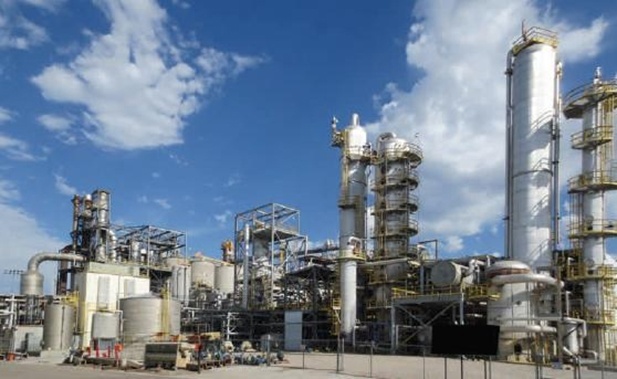For those who do not know alternative fuel (also known as non-conventional and advanced fuel) is a fuel other than gasoline for powering motor vehicles, such as ethanol, natural gas, hydrogen, propane, or electricity. Often, they produce less pollution than gasoline or diesel.
This blog will cover the alternative fuel, ethanol. Ethanol is an alcohol-based alternative fuel made by fermenting and distilling crops such as corn, barley or wheat. The use of ethanol is widespread and according to the Alternative Fuels Data Center, “more than 98% of gasoline in the U.S. contains some sort of ethanol.”
Ethanol Production:
Most ethanol in the United States is produced from starch-based crops by dry or wet mill processing. Dry-milling is a process that grinds corn into flour and ferments it into ethanol with co-products of distiller’s grains and carbon dioxide. Wet-mill plants manufacture corn sweeteners, along with ethanol and additional co-products.

The manufacturing process involves piping, large sized storage tanks, settling tanks, columns, and other necessary equipment that all require mechanical, industrial insulation and metal jacketing to help aid in a successful production process of ethanol. To discover the best industrial insulation for materials moving through a system, download our FREE “V-Groove Insulation Guide” here.


